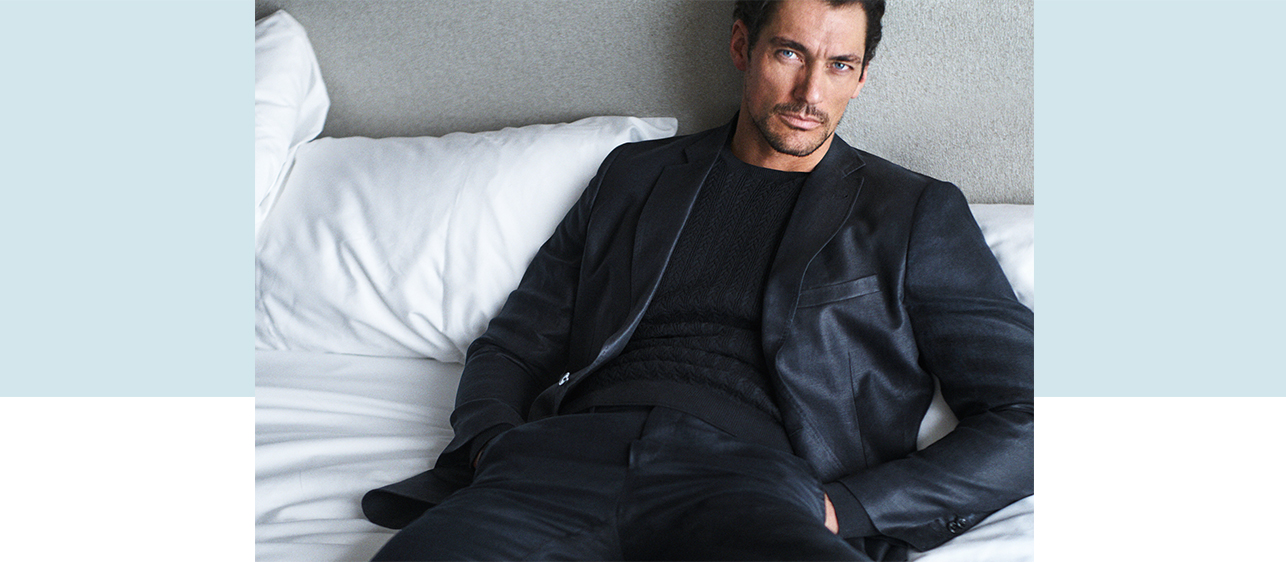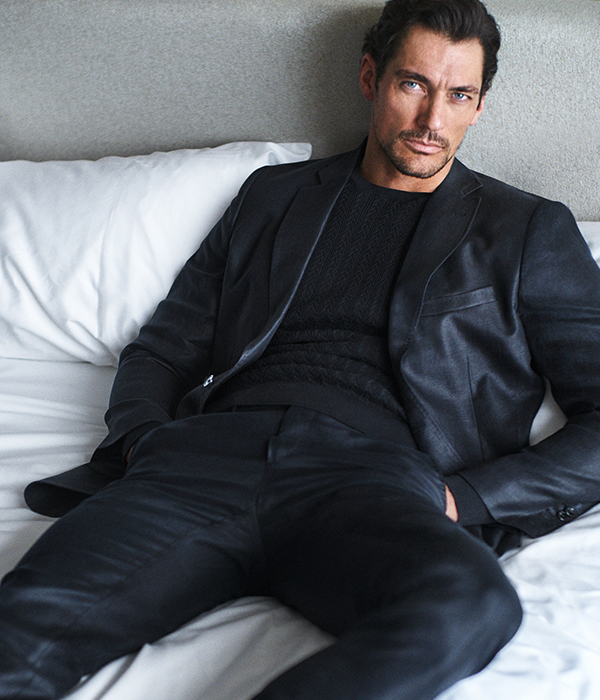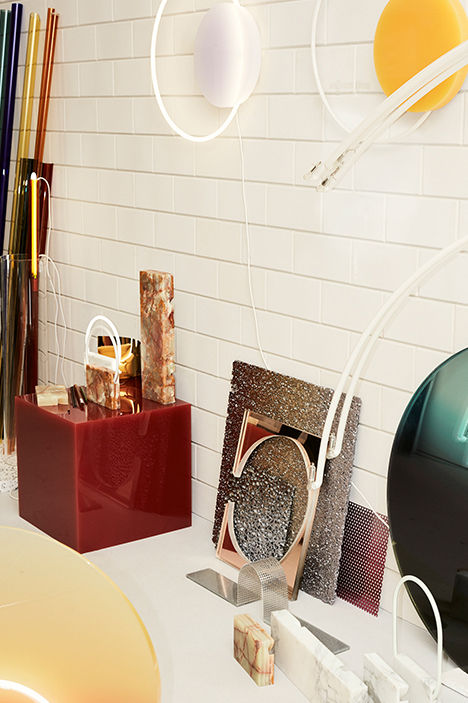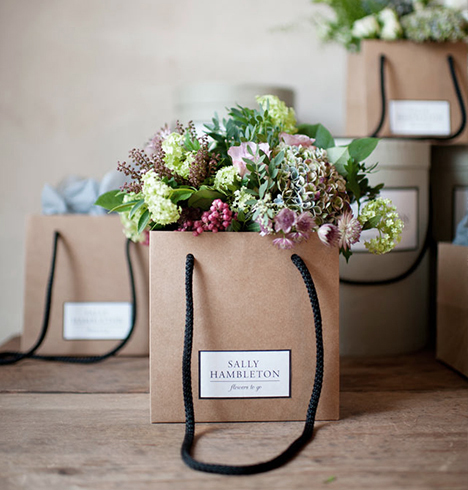Seen on Código Único
This is the story of a collaboration between Massimo Dutti and David Gandy, one of the models with greater international projection and solid ties with the brand. On this occasion, the Código Único magazine has united them again resulting in an exclusive interview and the staging of a fashion story in which the new spring summer collection has one of its best ambassadors.
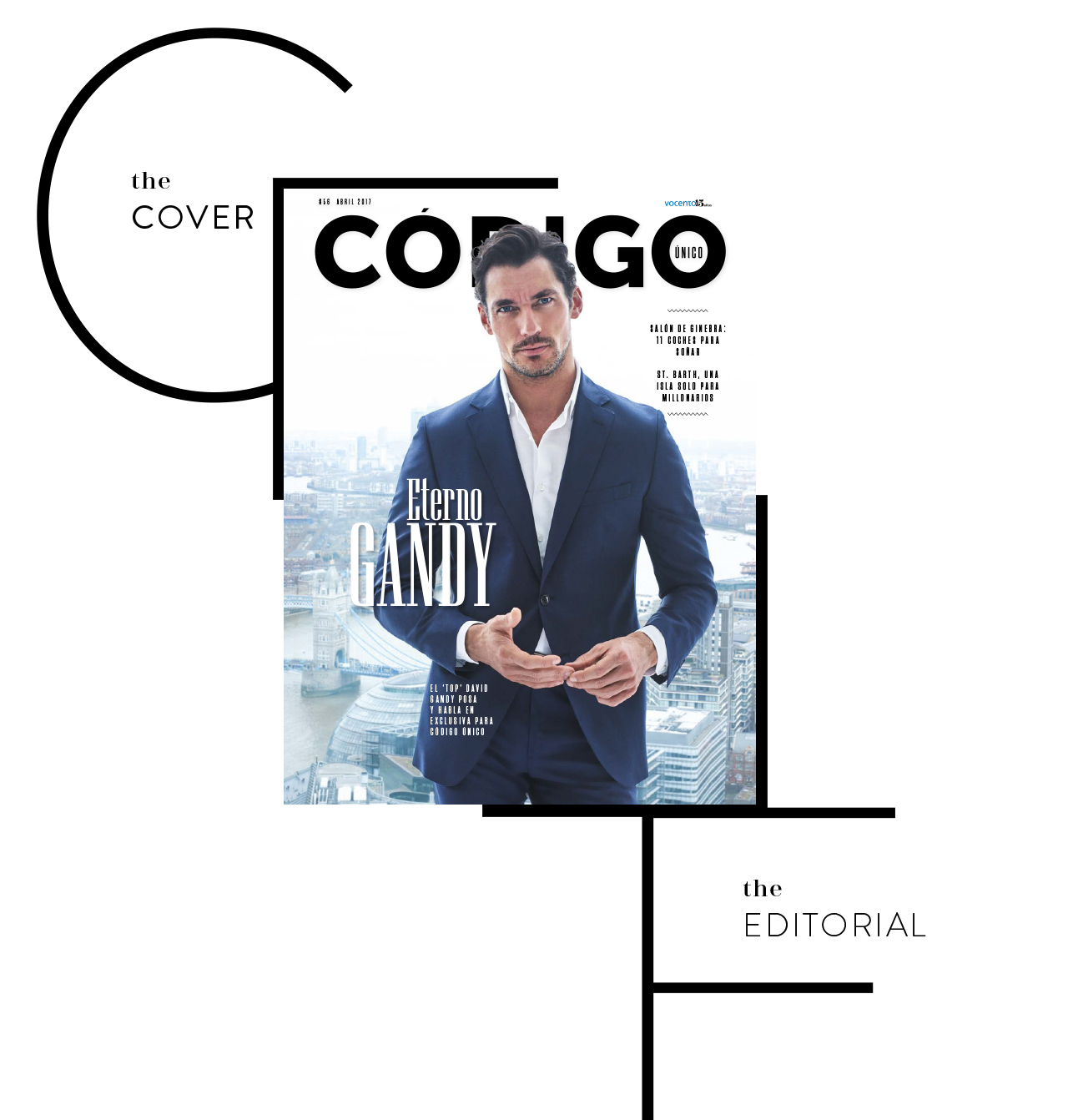
“There’s something really vain
about selfies, and there are also enough photos of me in the world without me adding to them”
Do you remember the first time you became aware of the power of being good-looking?
To be honest I don’t, and actually I get quite embarrassed when people call me good-looking. I still struggle to believe it today. I am aware of the power of my image as a brand, but I don’t believe it’s who I really am. On the one hand you have David Gandy, the business, and then you have me as an individual and my private life, which is totally distinct from my professional side. When the first campaign I did for Dolce & Gabbana’s Light Blue was launched it did get over eleven million views online, but I don’t think this was down to the power of my image, but rather thanks to the power of an incredible advertising campaign. That’s when I first became aware of everything behind a powerful image, and that’s why I am so careful about the projects I get involved with. But I wouldn’t call myself good-looking.
I don’t believe that you weren’t popular at school and at university…
I wasn’t! I was a bit of a loner. I’ve always been very reserved and individualist. I’ve never been much of a follower of clubs, trends or personalities, and this has been an advantage with my work, because models spend a lot of time alone or travelling. You also have to make yourself stand out from the crowd if you want to have new ideas.
Your explosion onto the fashion world came in 2001 when a university friend entered you into a TV competition without your knowledge. How did you feel about that?
I thought it was funny. I was just about to graduate and although I’d never considered anything like it, I thought “Why not? Even if it comes to nothing, it’ll be fun all the same”. In the end I won the competition and that’s where it all started. I had a lot to learn, however, as unlike driving, for example, modelling isn’t something that comes naturally to me. We are living through an age where everyone wants to be seen and to be famous, uploading selfie upon selfie and wearing their heart on their sleeve. And that’s never been my way. I’ve always thought there’s something really vain about selfies. I’m really quite shy; I use social media to talk about my work, but in all the other senses I’m very old-fashioned. There are also enough photos of me in the world without me adding to them.
You’ve been in the fashion world for over 15 years and seen it go through some important transformations. Do you think the industry has changed for the better or worse?
I feel like what matters for models nowadays is how many followers you have. It’s no longer about creating an incredible image and hiring the right model or celebrity to communicate the desired message. Now it’s actually the opposite: if you want your campaign to reach 40 million people, you choose someone with that number of followers and then you don’t have to worry about the creative approach since you’ve got your audience. I think this is going to lead to a real slump in creativity. The 70s, 80s, 90s and 00s all had their own aesthetic, with photographers like Herb Ritts, Mario Testino and Peter Lindbergh… But where are today’s amazing campaigns, lookbooks and editorials?
Now that everyone describes themselves as an influencer these days, what would you like to use your influence for?
I use my influence for the charities I’m involved with, not to sell things. I would never describe myself as an influencer, although of course I can influence others, everyone can. The difference is that for me this is not a job, but rather a way of bringing about positive change in issues related to nutrition, child education, animal rights and other subjects that matter to me.
When did you become aware of the importance of helping others?
When I was 16 I used to work at an animal shelter, I used to go every Saturday from my parents’ house. I think trying to do things for others is fundamental in life. When you’re famous, however, I think it’s important to really try to help people, and not just to try and further your own fame.
“I can still stick a cap on and take the dog out without being recognised”
In September 2014 Vogue magazine named you the second best model of all time, however recently your appearances in front of the lens seem to have become less and less. What’s your gameplan?
I’ve now taken over the reins as creative director in various photo shoots. I’m also involved in multiple projects: I write for the Mayfair Times and Vanity Fair, invest in English companies such as London Sock Company and David Preston shoes, design the David Gandy for Autograph line at Marks & Spencer – and have actually signed to do so for another three years – and have another two ongoing projects as a designer, with one of them to create my own luggage line. I also still do cover shoots and interviews, like today’s, but only on special occasions or when I have a relationship with the brand.
Your popularity rocketed after the campaign for Light Blue. How did it feel to go from being unknown to seeing yourself on a poster 15 metres high in Times Square?
I never actually saw that poster in person, just in photos. But sure, all of a sudden I was the guy in the Dolce & Gabbana ad, and initially I felt quite nervous about it, because I’m a very private person and suddenly everyone wanted to talk to me. I’m happy to chat to people and pose for their photos because if you’re a model – or an actor or a musician, for that matter – you have to be aware that it’s the public who’ll buy whatever it is you’re doing or promoting. But such openness doesn’t come easy to me.
Do you think you’ve ever got carried away by it all?
No, I wasn’t brought up to let success go to my head. The secret is not to believe in your own hype. Throughout my career I’ve had the chance to meet leading names in the worlds of fashion and cinema and I’ve seen that all the biggest stars like Christy Turlington, Cindy Crawford, Daniel Craig and Rachel Weisz are some of the most humble and charming. They also seem to be quite private; they don’t reveal much about themselves and not much is known about them. And then there are some who take themselves extremely seriously. My family and friends would never have allowed me to get that way, though.
Did you ask them to make sure you kept your feet on the ground?
My goal was never to be famous; it was to be successful in my line of work. And becoming successful has meant people think they know who I am. Fame is a consequence rather than the goal itself. Sometimes I tell my friends about roles I’ve turned down in films or on the TV and they don’t believe me. They ask me how I could possibly have said no! I say it’s because it’s not my goal. I can still stick a cap on and take the dog out without being recognised, but I can’t even begin to imagine what it must be like for someone as famous as Leonardo DiCaprio, just to give an example of someone much more famous than me.
You work in one of the few industries in which the gender pay gap negatively affects men instead of women. What are your feelings on the subject?
I think it is complex. Women have much more power than men in the fashion industry. Supermodels are hugely influential, and if they sell more and are more valuable to brands as a result, it’s no surprise they’re paid more. Men’s fashion has come along a lot as an industry, growing at a faster rate that women’s fashion in recent years, and as an ambassador for the London Collections: Men in London Fashion Week initiative, I’m proud to have contributed to such growth. I think I’ve also demonstrated that men can be supermodels too. I took the first step, so the next to come through will have to keep the ball rolling.
Your privacy has always been very important to you. Does this pose a challenge in our celebrity-obsessed times?
It’s not really that difficult. My girlfriend has a very important job as a barrister, and can’t be photographed all the time on red carpets. It’s not that she doesn’t like this industry, but we don’t need to be seen together all the time, we aren’t looking to become some kind of power couple. She does her job and I do mine, and everything else we do together, although in private. I don’t publish anything about my parents or my nieces or nephews on social media either. The paparazzi are always around, but you learn how to deal with them. Normally if you’re polite and friendly they’ll take a few photos and be off. What you can’t do is attract photographers when it suits you and then expect them to leave you in peace when it doesn’t.
“SUPERMODELS ARE HUGELY INFLUENTIAL. IT’S NO SURPRISE THEY’RE PAID MORE THAN THE MEN”
You have a real love affair with cars and speed. Has such a passion ever got you into hot water? The scar by your right eye, for example, did you get that in an accident?
The scar is from a night out on the tiles in New York, nothing too extreme though [laughs]. I’ve been in a few scrapes, like once I was a passenger in the Mille Miglia race and there were a few hair-raising moments, but if you thought about it too much you’d never do anything. I suppose half of the thrill of it is that it makes you feel invincible. When I was younger I was more reckless, and now I’m more responsible, although I think all men have the same impulse.
What is your relationship with Spain?
I have a very special relationship with Spain, because all my nieces and nephews are Spanish. My sister has been living in the south of Spain for the past 15 years and has had five children there. I also have a great relationship with Massimo Dutti; I began working for the brand 13 years ago and we’re still in touch on Whatsapp. I love the Spanish; I really admire people with passion, and I think Latin people have it in spades.
But you’re a great spokesperson for all things English and your style is so British…
I love where I’m from, and that’s why I still live in England and haven’t moved to Milan or New York, and why my clothing line was launched with Marks & Spencer, and why my luggage will be developed with a British company. Now things are about to get tough with Brexit and leaving the EU, but as it’s what people voted for, I think it’s time to get to work. Of course there will be both pros and cons, but it’s time to support our country and to be a bit patriotic.
Nowadays the word “iconic” is used very lightly. Who would you call a real icon?
Everything is iconic these days. For me, a true icon is anyone genuine who has had real success in their industry and managed to remain at the top for years on end. One of my true icons is Paul Newman, and not just because he was an outstanding actor, but also because he wasn’t afraid to speak up and state his opinion, as well as donating millions of dollars to charity. He was also a race car driver and was one of the world’s most handsome men. He’s always been an inspiration to me. Now that’s what I call an influencer!

